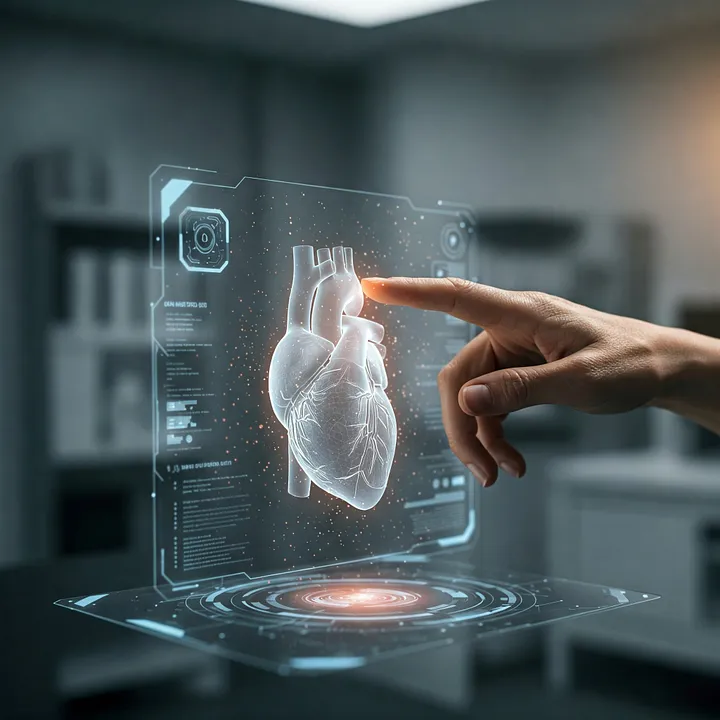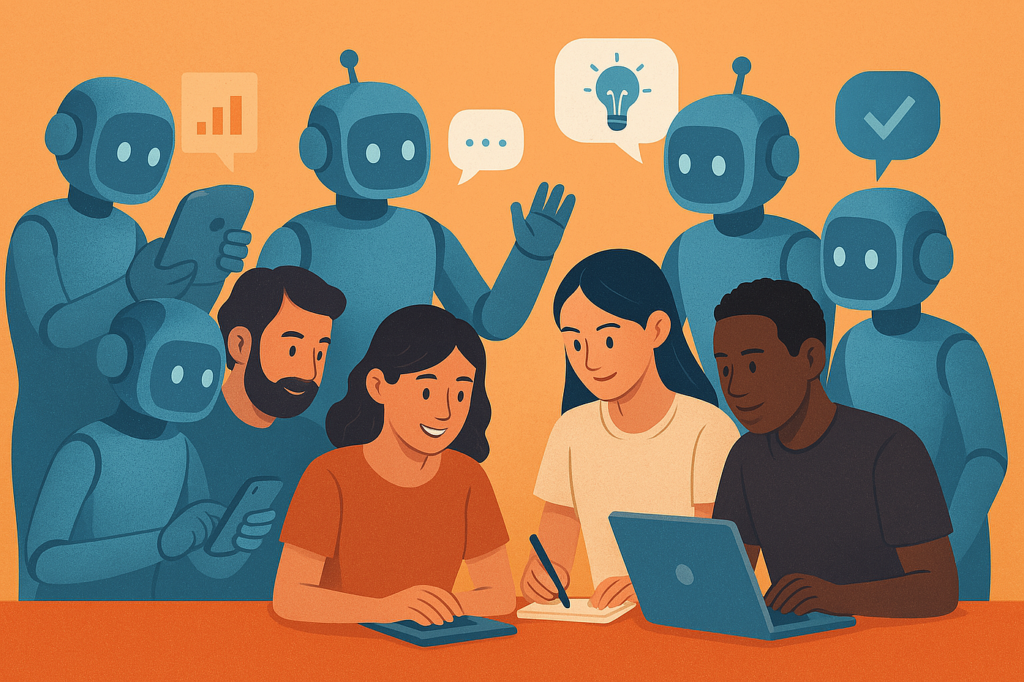In the last three decades, adaptability has emerged as an essential engine of innovation and business growth. Organizations that have been able to pivot, adjust to market changes, and adopt new technologies have thrived in a dynamic and competitive environment.
In parallel, the value of soft skills such as effective communication, empathetic leadership, creativity, and collaboration has been widely recognized. These skills, which foster positive and productive work environments, have become a differentiating factor for companies seeking to attract and retain talent in the 21st century.
But what happens when Artificial Intelligence (AI) becomes a key player in the labor landscape? Are adaptability and soft skills still relevant in a world where interactions with virtual agents are increasingly common?
I believe the answer is a resounding yes. In fact, in an AI-driven work environment, adaptability and soft skills become even more crucial.
Adaptability: The key to navigating uncertainty
AI is rapidly transforming the job market, automating repetitive tasks and generating new roles and professions. In this context, the ability to learn new skills, adapt to changes, and reinvent oneself professionally is fundamental.
Adaptability allows us to collaborate effectively with AI, leveraging its capabilities to improve our productivity and efficiency. At the same time, it helps us identify opportunities where human creativity and critical thinking are indispensable.
Soft skills: The human touch in the age of AI
While AI can perform many tasks, the soft skills that make us uniquely human remain essential. Effective communication, empathetic leadership, creativity, and collaboration are skills that allow us to:
- Build strong relationships with our colleagues and clients, both human and virtual.
- Solve complex problems that require critical thinking and creativity.
- Lead teams effectively, inspiring and motivating others.
- Adapt to different work styles and collaborate effectively in diverse environments.
- Navigate the ethical implications of the application of AI requires the human touch providing an ethical framework that AI itself doesn’t have.
- Provide context for complex situations and dilemmas that require nuanced judgment that goes beyond simple programming or generative solutions.
- Oversight, accountability and responsibility. While AI can do the execution, in the scenario of a mistake, most organizations won’t be able to get away with blaming the AI, hence, we need some level of oversight and accountability to rely on human actors who understand the expected inputs, outputs and specially the outcomes of what the AI should produce.
- Critical thinking to identify issues or gaps in the AI-produced products & services and avoid them from deviating from the market (ever-changing) needs.

The future of work: A necessary collaboration between humans and AI
Instead of viewing AI as a threat, we must recognize its potential to complement our human skills. The collaboration between humans and AI will allow us to reach new goals and create innovative solutions that benefit society as a whole.
To thrive in the future of work, it is essential that we cultivate both our technical skills and our soft skills. Adaptability and soft skills will allow us to navigate uncertainty, collaborate effectively with AI, and bring our human touch to an increasingly digital world.



